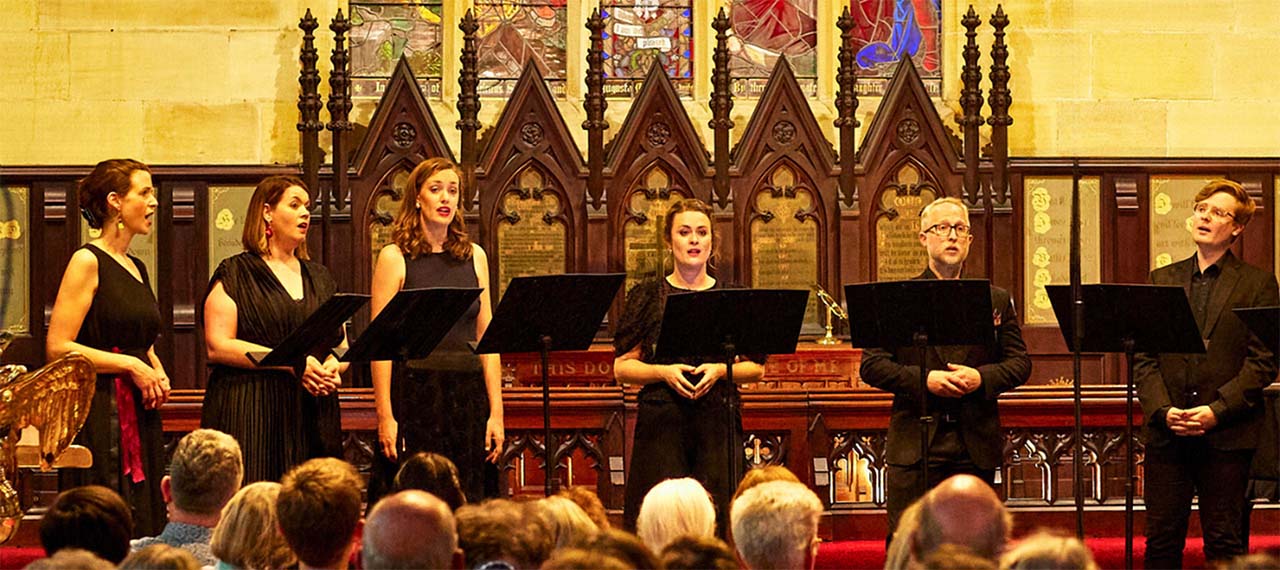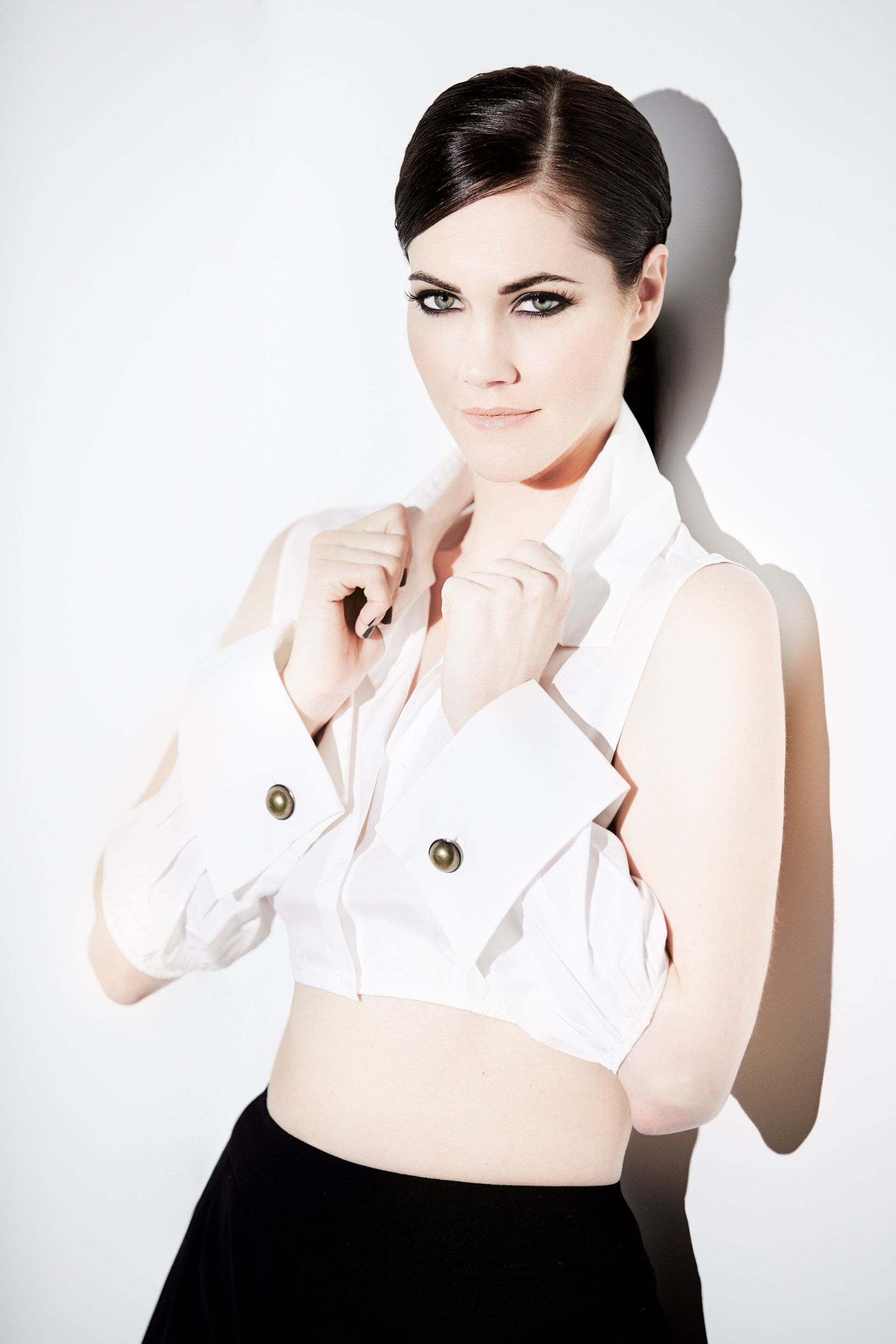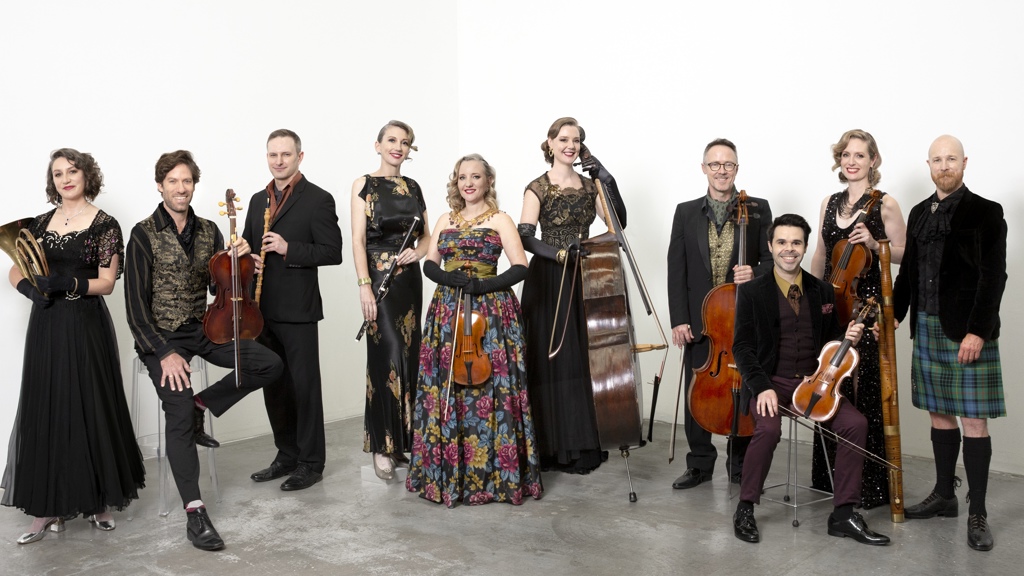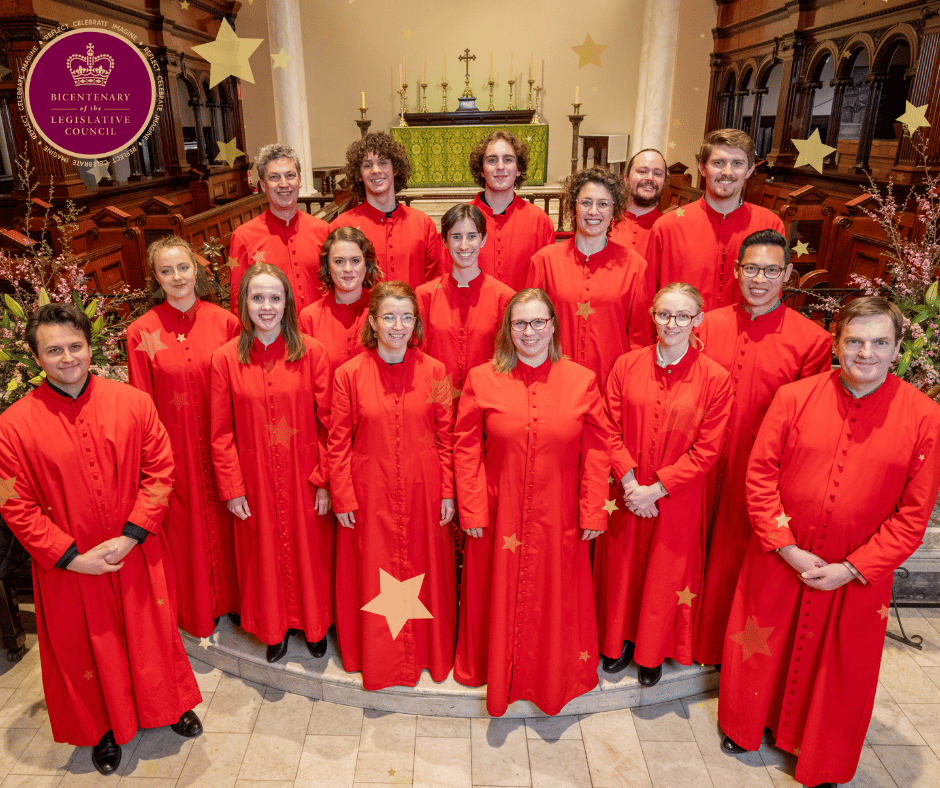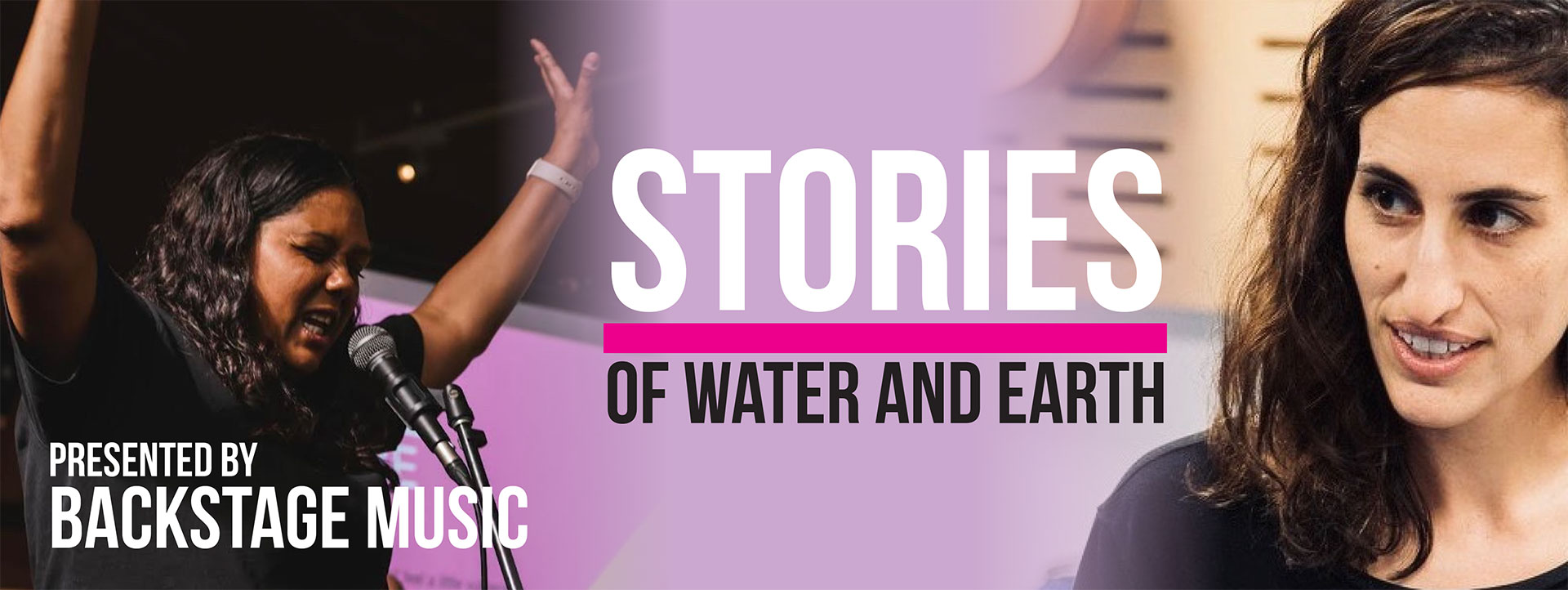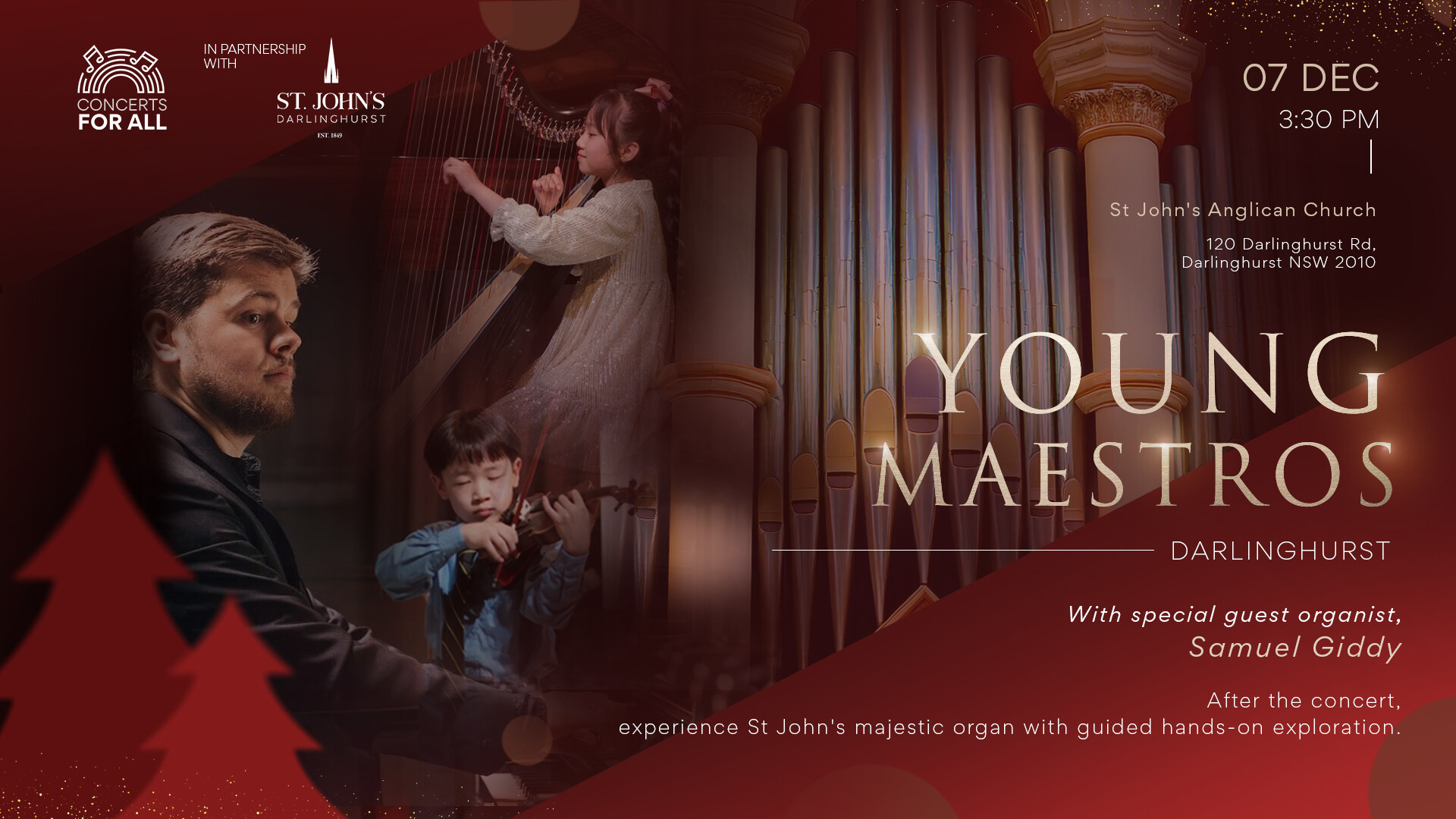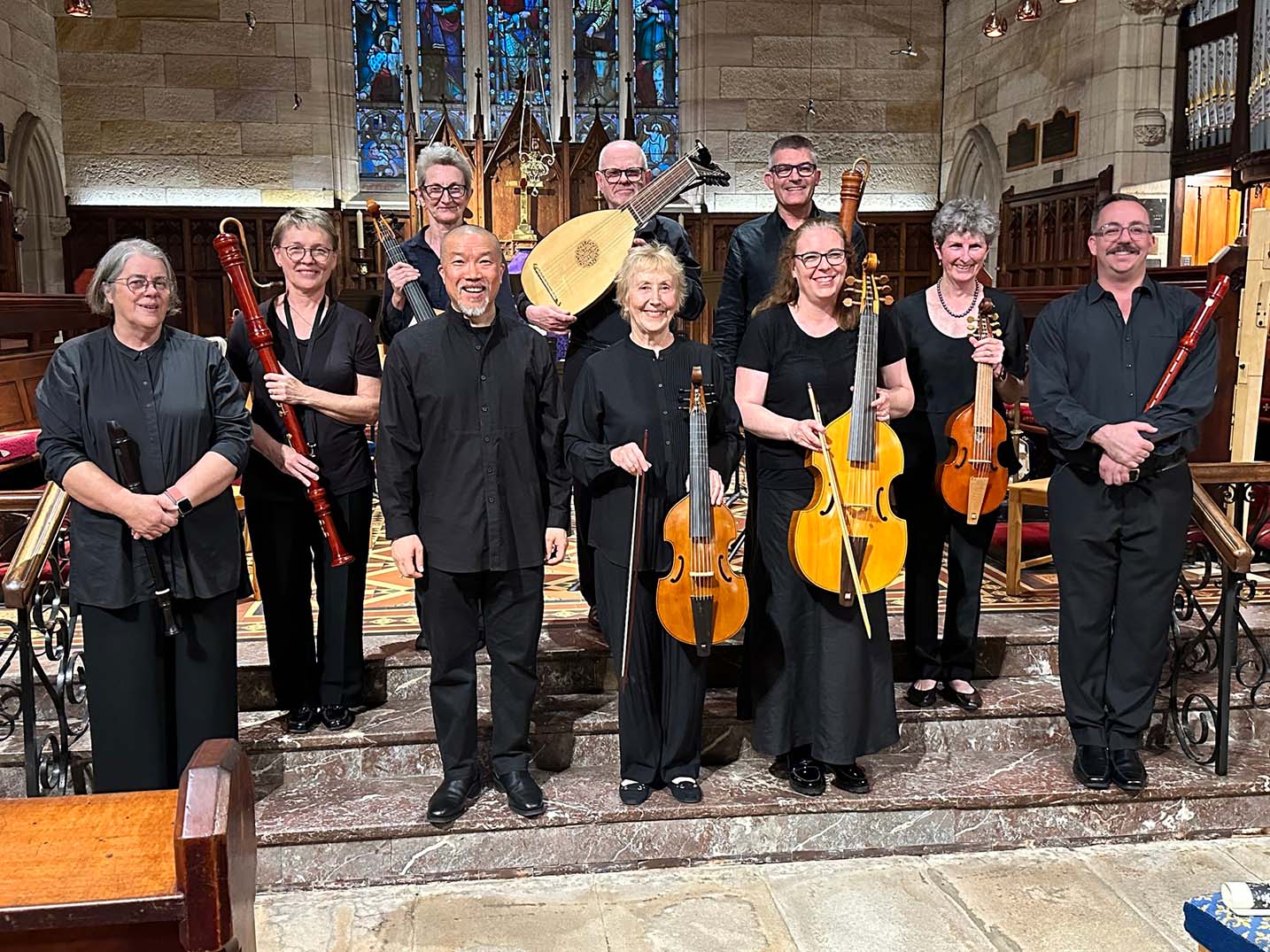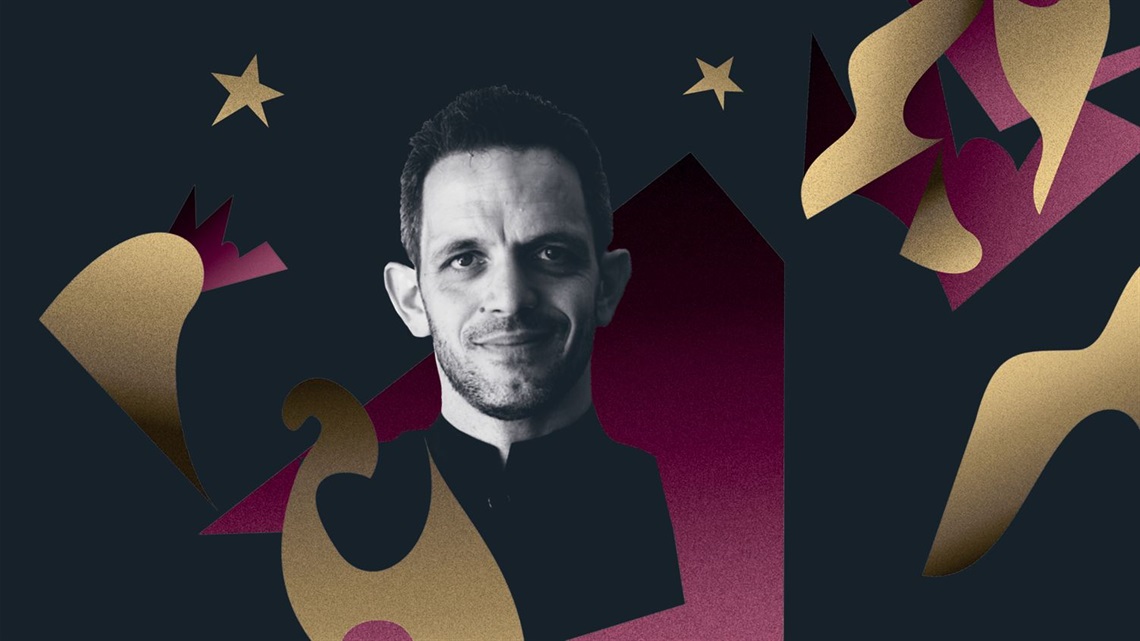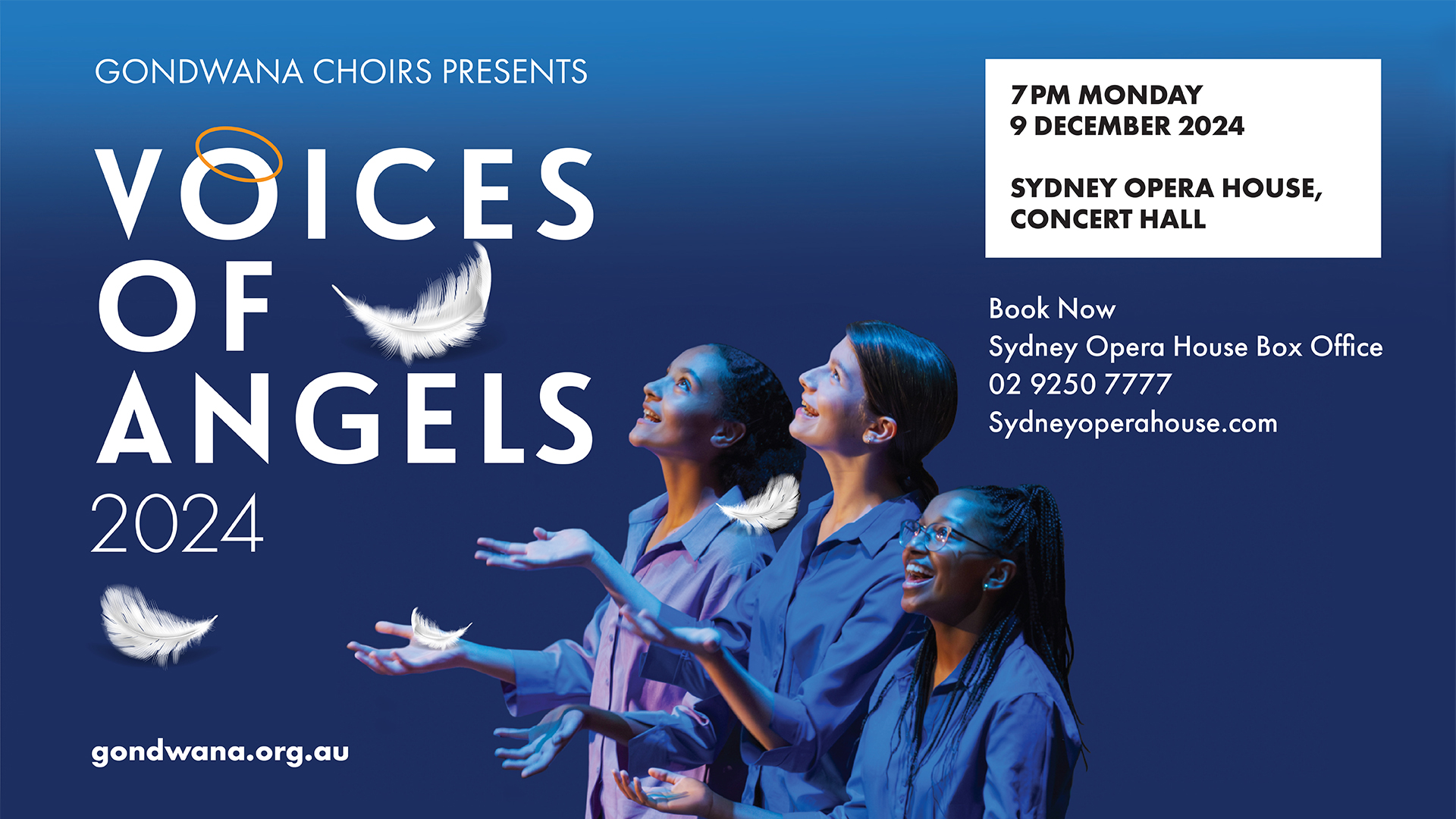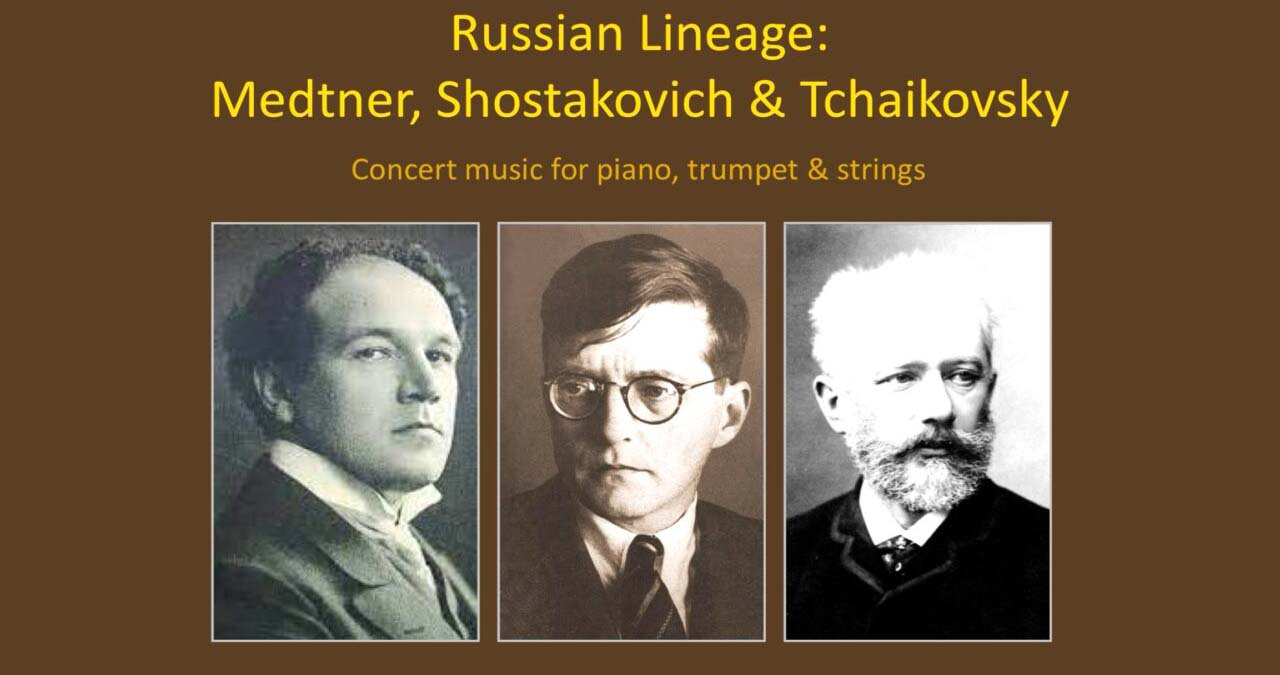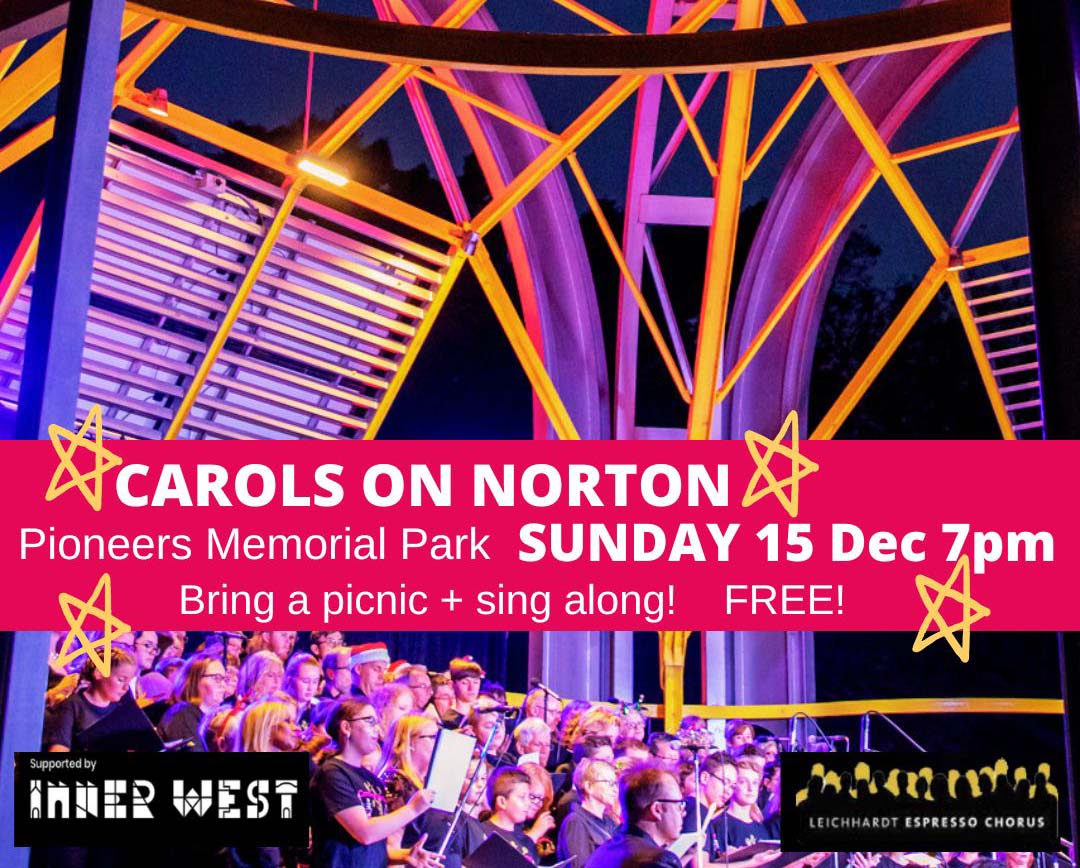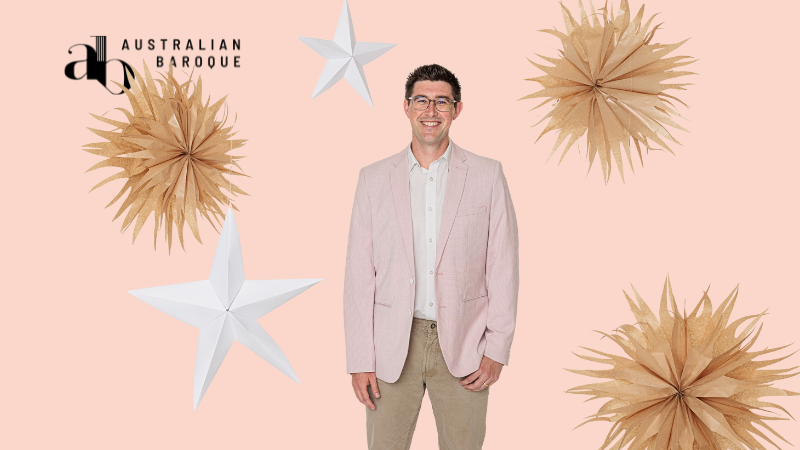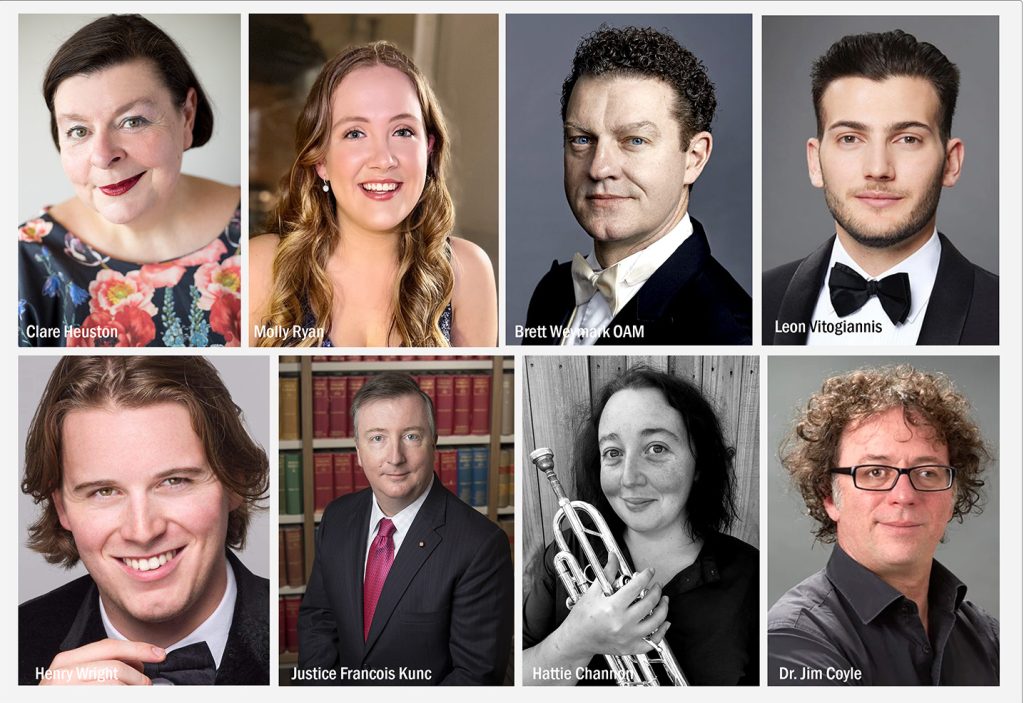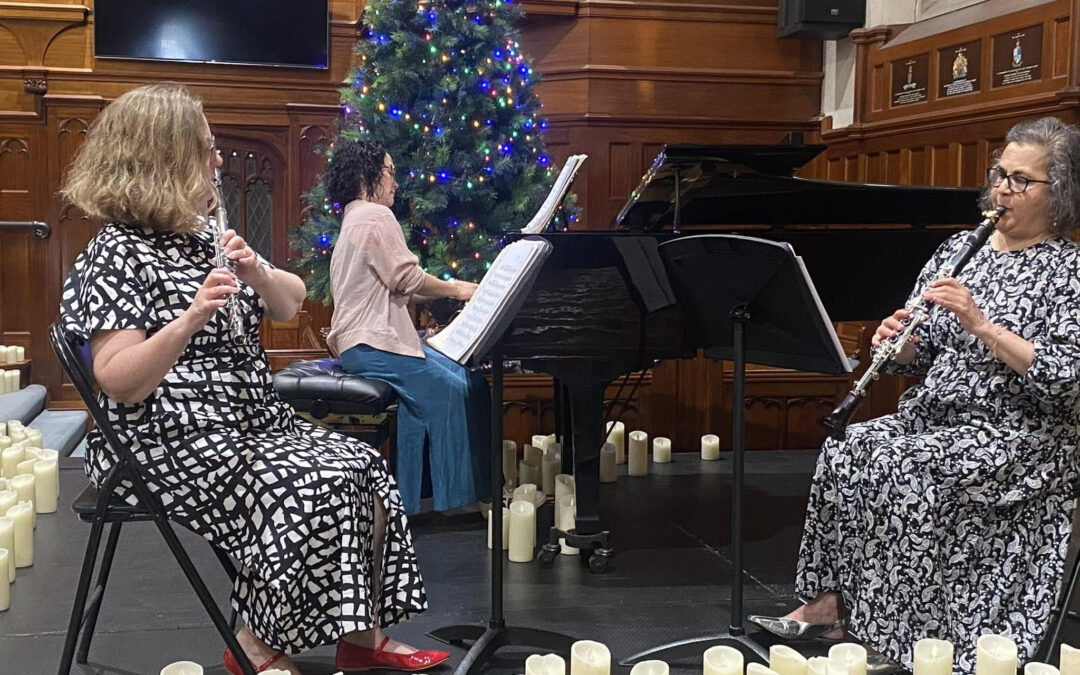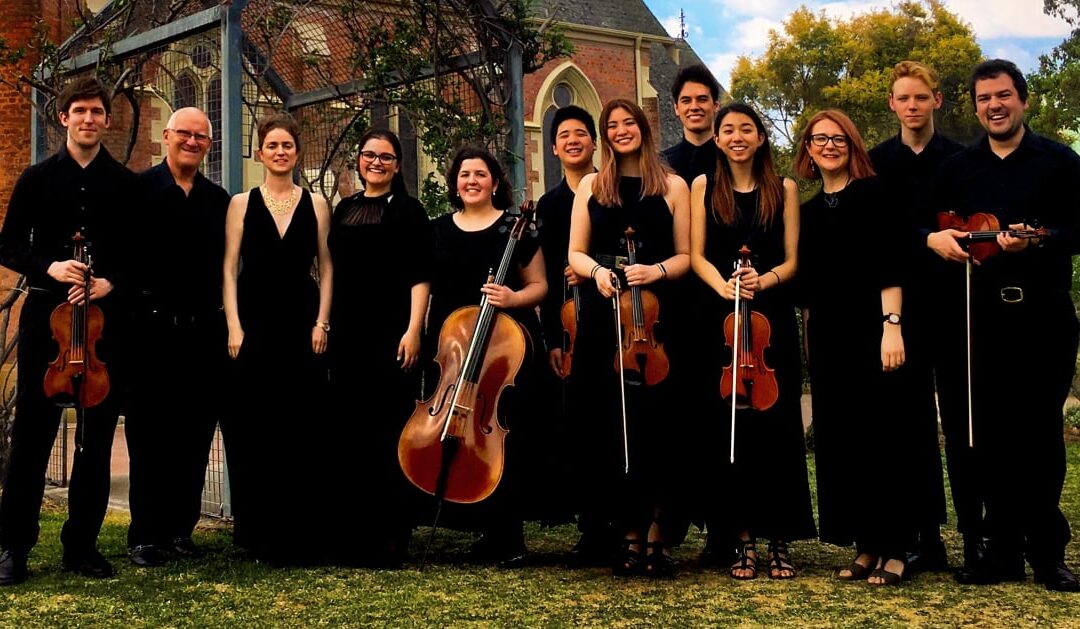It’s not often you can come out of a concert and say one of the featured composers was sitting directly behind you and another was two rows ahead of you. But that was indeed the case with Halcyon’s Women’s Work concert at the Sydney Conservatorium on Friday 9 May, for the five works were from contemporary women composers, three of them Australian.
Halcyon’s artistic directors, mezzo Jenny Duck-Chong and soprano Alison Morgan, crafted a program that had variety, challenge, discovery and fun in equal measure. The intimate surrounds of the Conservatorium’s recital hall were the ideal forum for these pieces, with the singers’ clarity of diction and engaging stage presence drawing in the listeners for an evening filled with interest. The meticulously prepared program was a great aid to understanding, most notably in the two works requiring translation.
Some pieces were accompanied by just one instrument, others with a range of instruments. Kerry Andrew uses only guitar accompaniment for the voice in her playful, spiky settings of several poems, fruit songs. Helen Gifford’s Spell against sorrow creates a poignant, questioning kind of magic out of Kathleen Raine’s poetry, again using just voice and guitar.
Fifty years separates the oldest and the newest works presented. British composer Elizabeth Lutyen’s The Valley of Hatsu-Se, matching voice with a small instrumental ensemble, was the oldest work on the program (1965), while Moya Henderson’s Lovely How Lives: Ensemble Version received its world premiere at this concert. This piece, which featured both Morgan and Duck-Chong accompanied by a larger, conducted group, including harp, was the standout for this reviewer, in its subject (how lives overlap … or just miss), the attractive music and the ability of the performers to compel attention.
Conductor Elizabeth Scott also took command of the larger group of instruments required for Rosalind Page’s popular setting of Icelandic poems, Hrafnsöngvar (Raven songs), bringing to a close a very satisfying program.

